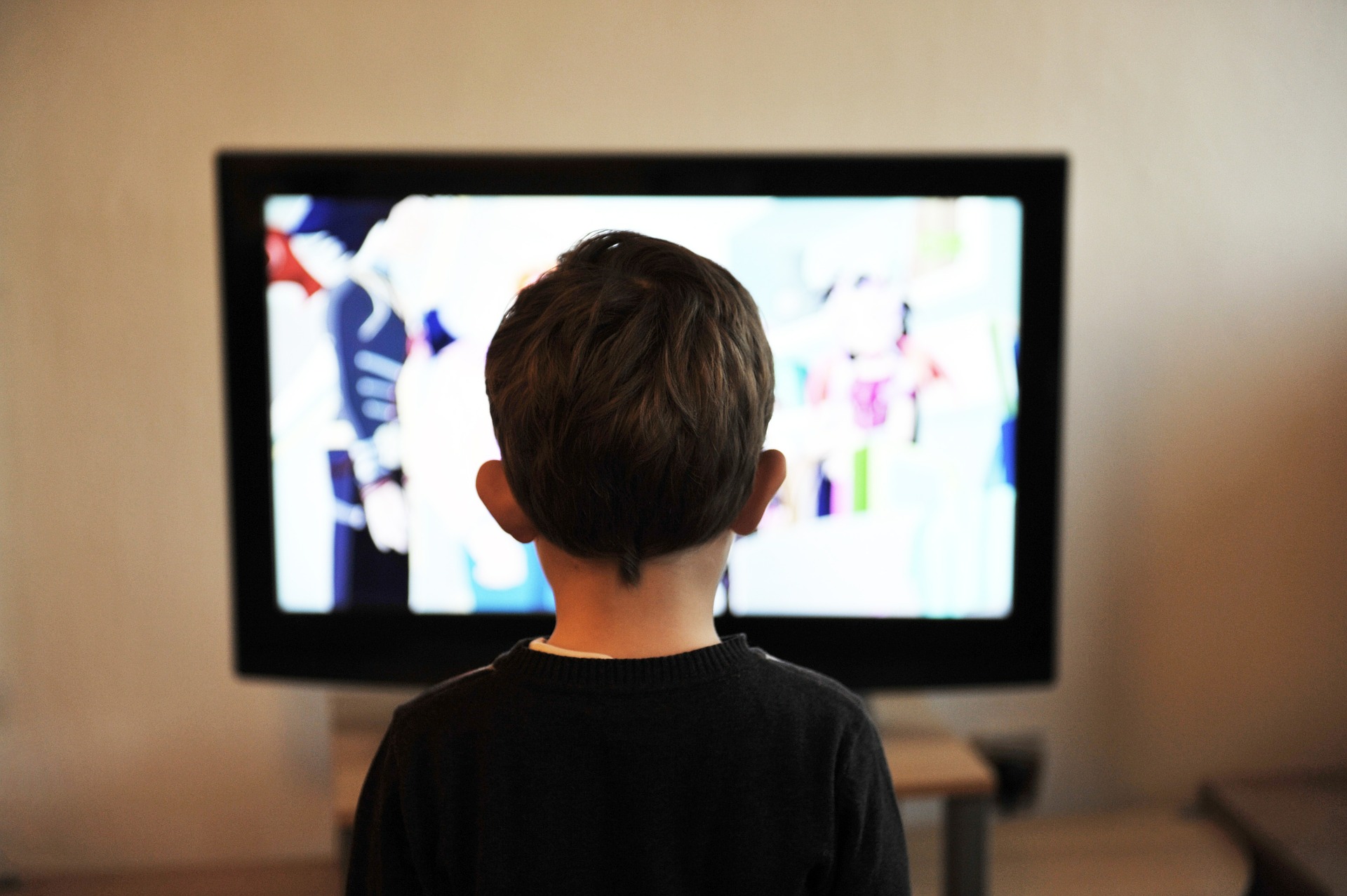Views expressed in opinion columns are the author’s own.
HBO’s critically acclaimed series The Leftovers is about to begin its third and final season. One of its creators, Damon Lindelof, sent a letter to critics ahead of the premier that advised the audience:
“Bingeing is bad.“
According to Lindelof, “Never before in the history of the English language has ‘binge’ been associated with something healthy or productive. Just because there is an entire can of Pringles in front of you does not mean you should eat them all in one sitting.” Obvious nutritional advice aside, he raises an interesting question about our viewing habits.
Lindelof is not the first to critique the practice of binge watching. There are plenty of health articles that will tell you too much TV is not a great thing. But Lindelof’s comments seem to stem less from concern about watching too much TV and more from a belief that episodes of great shows are meant to be spread out. This anti-binge perspective usually argues that the episode as a unit has intrinsic value.
His perspective seems to be in direct opposition to the rising trend, pointed out by Vulture, of characterizing ‘prestige’ TV as a long movie. Jonathan Nolan, the creator of Westworld, called his show “a 10 hour movie” and Game of Thrones showrunners called theirs a “73 hour movie.” For them, TV is merely a mode of telling a longer story than can be told in the 2-hour-long time span of a film.
According to Vulture, one must see many episodes to appreciate the complexities of a show’s storyline. And it takes many episodes to tell that story as well. One episode is not enough. But Lindelof’s letter is trying to push back against part of this idea. He seems to be arguing that television is its own mode of storytelling that is best served by creating well-crafted episodes. That is, not just breaking a long narrative into uniform chapters, but actually writing and consuming the pieces as something whole unto themselves.
Bingeing great shows obviously comes with benefits, as you avoid the painful suspense of a week-long cliffhanger. It can also be a race against the clock; if your friends have finished the season already, you have an incentive to catch up so you can discuss the show without risk of spoilers. In this way, streaming platforms have undeniably changed the way we watch television and I don’t expect us to go back.
I do believe, however, there is value in introducing some variety into the binge diet. Even if it’s just one show like The Leftovers, finding a weekly favorite might provide a deeper experience. Especially if that program is designed to be, in the traditional sense, a TV show. There is undoubtedly a different experience between thinking about an episode over the course of the week (and about a show’s characters for months) as opposed to finishing four in an afternoon. Whether that difference is significant enough to warrant a change for the viewer rests on personal preference and type of show.
Might Lindelof and I be worrying too much about all this? Probably. After all, it would be pretentious to suggest there is a “wrong” way to watch TV. And I have yet to meet someone immune to the charms of a good binge watch. Lindelof himself ended his letter by saying: “I also ate an entire can of Pringles last night while watching the entire first season of FLEABAG until three in the morning, so y’know, hypocrite.”
Jack Lewis is a junior government and politics major. He can be reached at jlewis20@umd.edu.



